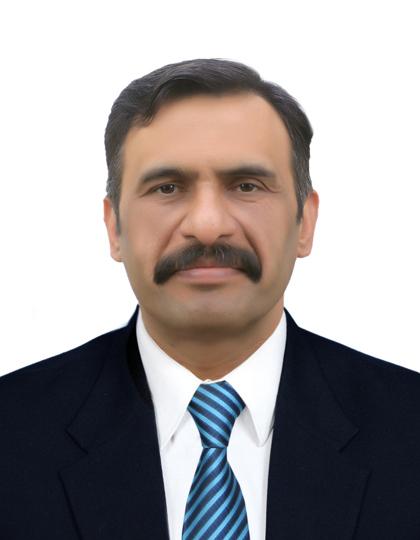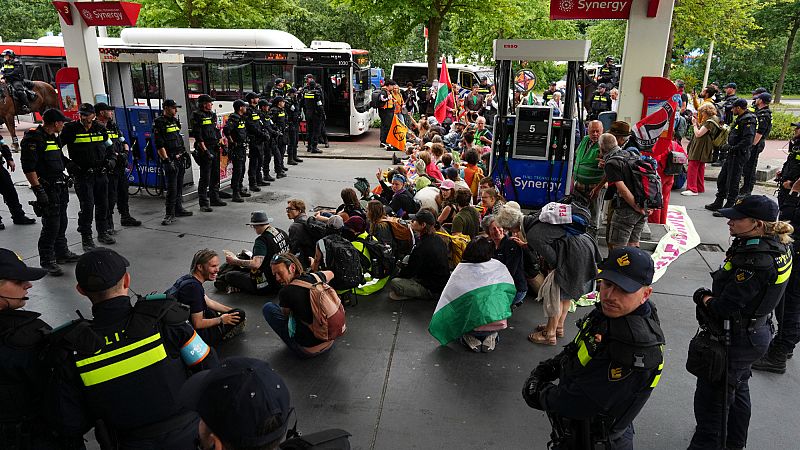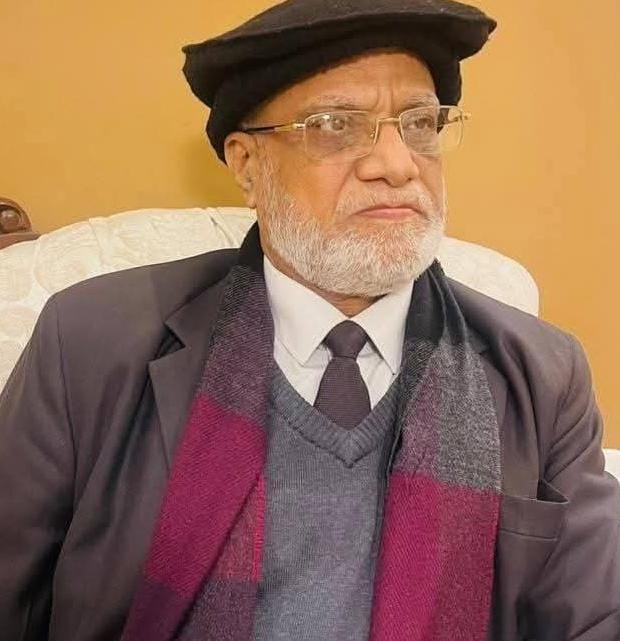(Dr Muhammad Rizwan Bhatti)
Crime in Punjab reflects deeper social, structural and institutional forces. Behind every offence lies a story of inequality, neglect and systemic failure. Pakistan’s policing model has historically remained reactive, focusing primarily on responding after crimes occur. Although enforcement, investigation and arrests are essential, they are insufficient to address the underlying causes of criminal behaviour. A shift toward prevention, community partnership and problem-solving is now imperative.
While crime in legal terms rests on elements such as act, harm, causation and intent, its sociological meaning is far broader. It encompasses violent offences, property crime, white-collar criminality and offences linked to drugs, alcohol and sexual conduct. Understanding these multiple dimensions is central to designing effective policing strategies.
Modern criminological thought offers clear direction. Problem-oriented policing (POP) urges officers to look beyond routine responses and identify recurring crime patterns in specific areas. By focusing on root causes; social disorder, environmental neglect, repeat offending or the presence of proclaimed offenders, police can design targeted, preventive solutions rather than relying on short-term enforcement. Deterrence theory also shows that it is the certainty and swiftness of accountability, rather than severity of punishment, that best prevents crime. Community policing further transforms citizens into active partners in ensuring safety. Likewise, situational crime prevention and routine activity theory highlight how simple environmental improvements, such as better lighting, surveillance or reclaiming neglected spaces, can significantly reduce opportunities for crime.
Punjab has already begun applying evidence-based approaches. Data-driven policing has emerged as a key development, enabling officers to analyse maps and identify hotspots such as markets, transport hubs and vulnerable neighbourhoods. Recent results from Region Faisalabad illustrate this shift, showing a 31 percent reduction in heinous crimes in 2025 compared to 2024 under the leadership of RPO Zeeshan Asghar. Murder declined by 24 percent, dacoity by 71 percent, robbery by 38 percent, motorcycle theft by 27 percent and motorcycle snatching by 38 percent. These improvements stem from proactive initiatives including mapping crime pockets, arresting proclaimed offenders, dismantling organised gangs and focusing on repeat offenders.
Technological transformation has also reshaped the policing landscape. The Punjab Safe City Authority (PSCA), Smart Safe Cities and Special Initiative Police Stations (SIPS) have modernised policing through digitalisation, surveillance and improved coordination. Yet technology alone cannot bring reform; skilled officers must drive innovation. Regional police schools require restructuring to include forensic methods, investigation techniques, cybercrime, behavioural management and leadership.
A more merit-based system is also essential. The examination process for Deputy Superintendents of Police should be conducted under the High Potential Development Scheme, similar to the process used for recruiting inspectors. Establishing regional operational command and control rooms integrated with Safe City systems can further improve coordination and real-time response across districts.
Globally, artificial intelligence has transformed policing by enabling predictive analytics, criminal pattern recognition, facial recognition and vehicle tracking. Punjab must adopt these advancements while ensuring ethical safeguards and data protection to maintain public trust.
Behind the technology stands the human face of law enforcement. Nearly 1,500 Punjab Police officers have laid down their lives in the line of duty, a stark reminder that policing is not merely a profession but a public calling grounded in courage and service. Under IGP Dr Usman Anwar, initiatives such as Special Initiative Police Stations, Police Khidmat Markaz, Tahafuz Centres, Meesaq Centres, Pink and Blue Mobile Vans and Virtual Women Police Stations have strengthened access to justice and citizen trust.
Visible deterrence remains a core component of effective policing. Offenders are discouraged less by harsh punishment and more by the likelihood of being caught. Regular patrols, swift responses and transparent investigations send a clear signal that crime carries consequences. Public awareness campaigns that highlight successful operations and community partnerships can further reinforce this perception. When citizens view police presence as reassurance rather than intimidation, deterrence becomes both effective and relational.
Rational choice theory also informs modern policing by explaining that offenders weigh risks against rewards before committing crime. Community vigilance, intelligence-driven operations and asset seizures significantly reduce the expected gains for criminals, making offending a less attractive option.
Trust, however, is the foundation of sustainable policing. Effective community policing requires regular meetings with residents, joint problem-solving initiatives and partnerships with schools, youth groups and local businesses. When citizens feel heard and valued, they are more willing to share information, cooperate with investigations and take ownership of their neighbourhoods.
Challenges persist. Many police stations struggle with staff shortages, outdated infrastructure and limited analytical capacity. In some areas, historical mistrust between police and the public continues to hinder collaboration. By prioritising high-impact areas, investing in technology and recognising officers who embrace problem-solving and community-based approaches, Punjab Police can steadily transform its institutional culture.
Punjab’s diverse mix of rural, industrial and urban environments demands flexibility and innovation. A multi-layered strategy that combines deterrence, prevention and community engagement will not only make policing more effective but also rebuild public confidence.
Ultimately, reducing crime is not simply a matter of lowering statistics; it is about restoring justice, dignity and trust between citizens and the state. To support this vision, police stations which are the core operational units of law enforcement, must be granted limited financial autonomy to cover essential expenses such as investigations, transportation and emergency actions. Empowering stations with independent financial management can improve efficiency and reduce petty corruption. A policing strategy that integrates prevention, deterrence, technology and community cooperation can pave the way toward a safer, more citizen-centred Punjab.
Dr Muhammad Rizwan Bhatti holds a PhD in Political Science and writes regularly on terrorism, counter terrorism, countering violent extremism, and policing affairs. He can be reached at rizwanbh79@gmail.com.



